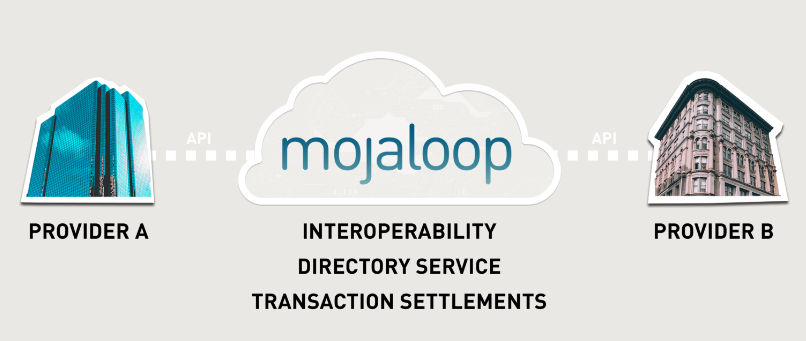An application programming interface (API) “is an architecture that makes it easy for one application to ‘consume’ capabilities or data from another application” (Apigee). It is a protocol that allows software programs to “talk” to one another, defining what information should be supplied and what actions will be taken when it is executed. A common example is Uber’s use of Google Maps.
APIs are important to financial inclusion because they connect third-parties to established payments platforms e.g for M-PESA or MTN MOMO to deliver innovative services that address the needs of many customers. Many operators including Safaricom, Airtel, Vodacom/Vodafone, Orange, MTN have started initiative to avail their API over the web in what would be called an OPEN API approach. This approach will make it easier for different innovator to integrate to these renown telcom platforms and easily have their financial service for the poor innovations realized.
To go a level higher, Mojaloop which is widely thought and planned to be the potential and ultimate enabler for interoperability avails an open API that any stakeholder integrating into a mojaloop switch will easily have access to.
Innocent Kawooya CEO of HiPipo notes that under our Include Everyone program, We believe that open API, GSMA API and Mojaloop will be key to improve Financial Services for the Poor given the wide scale innovation that they would enable for small, medium and large enterprises and fintechs that are looking to contribute to Financial Inclusion.
Mojaloop grew out of principles set forth by the Financial Services for the Poor team at the Bill & Melinda Gates Foundation. With support and funding from the Bill & Melinda Gates Foundation, Mojaloop was designed by a team of leading tech and fintech companies: Ripple, Dwolla, ModusBox, Software Group and Crosslake Technologies


